Arduous and Unequal: The Fight to Get FEMA Housing Assistance After Helene
In the aftermath of Hurricane Helene, thousands of North Carolina residents turned to the Federal Emergency Management Agency (FEMA) for housing assistance. However, an analysis by ProPublica and The Assembly reveals a disturbing trend: households with higher incomes received significantly more aid than those with lower incomes.
According to data obtained through public records requests, in some rural counties hardest hit by Helene, homeowners with the highest incomes received two to three times as much FEMA housing assistance as lower-income ones. This disparity raises questions about fairness and equality in disaster relief efforts.
"We were shocked to see that wealthier households were receiving more aid," said Jennifer Berry Hawes, a reporter for ProPublica. "It's not just about the amount of damage; it's also about who has access to resources and information."
The analysis found that in some counties, homeowners with incomes above $100,000 received an average of $40,000 to $60,000 in FEMA assistance, while those with lower incomes received significantly less. This disparity is particularly concerning given the already-existing wealth gap in North Carolina.
"FEMA's role is not just to provide aid but also to promote equity and fairness," said Ren Larson, a reporter for The Assembly. "It's essential to ensure that everyone has access to the same resources, regardless of their income or social status."
The disparity in FEMA assistance can be attributed, in part, to the agency's reliance on self-reported income data. This system can lead to underreporting and misrepresentation of income levels, particularly among lower-income households.
Under the Trump administration, FEMA has faced significant budget cuts, resulting in a loss of hundreds of workers. This reduction in staff has further exacerbated the challenges in processing aid applications and ensuring equitable distribution of resources.
The situation is not unique to North Carolina. A 2020 report by the Government Accountability Office found that FEMA's disaster relief efforts often favor wealthier communities over poorer ones.
As the nation continues to grapple with the consequences of climate change, it is essential to address these disparities in disaster relief efforts. By implementing more robust and transparent systems for reporting income data and ensuring equal access to resources, FEMA can better serve those who need it most.
Background and Context
Hurricane Helene made landfall in North Carolina on September 26, 2024, causing widespread destruction and flooding. The storm affected over 10,000 households, with many left without homes or basic necessities.
FEMA's role in disaster relief efforts is to provide financial assistance to individuals and families affected by natural disasters. However, the agency has faced criticism for its handling of aid distribution, particularly in rural areas.
Additional Perspectives
Experts argue that addressing income disparities in FEMA assistance requires a multifaceted approach. This includes implementing more robust systems for reporting income data, increasing transparency in aid distribution, and providing targeted support to low-income households.
"We need to recognize that disaster relief is not just about providing aid but also about promoting social justice," said Dr. Maria Rodriguez, a disaster resilience expert at the University of North Carolina. "By addressing these disparities, we can create more equitable communities that are better prepared for future disasters."
Current Status and Next Developments
As the nation continues to recover from Hurricane Helene, FEMA is working to address the disparities in aid distribution. The agency has announced plans to implement new systems for reporting income data and increase transparency in aid distribution.
However, many advocates argue that more needs to be done to ensure equitable access to resources. As one resident affected by the storm noted, "It's not just about getting aid; it's about being treated with dignity and respect."
The fight for fair and equal disaster relief efforts continues, with many calling for systemic changes to address these disparities.
*Reporting by Propublica.*
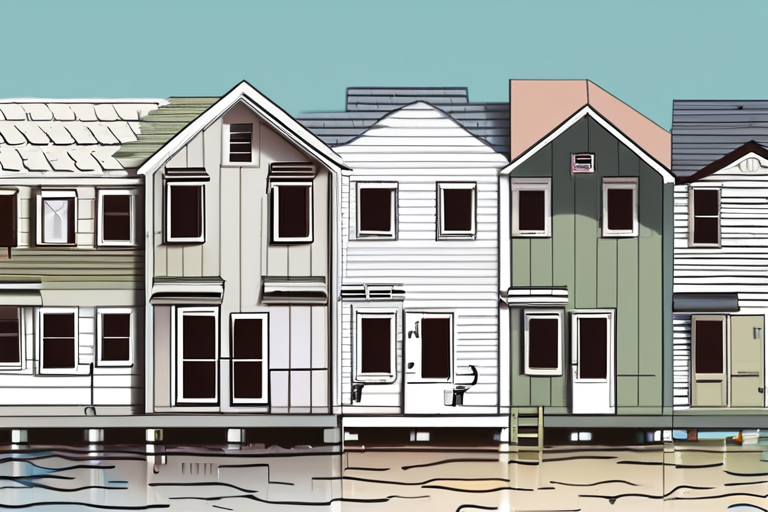

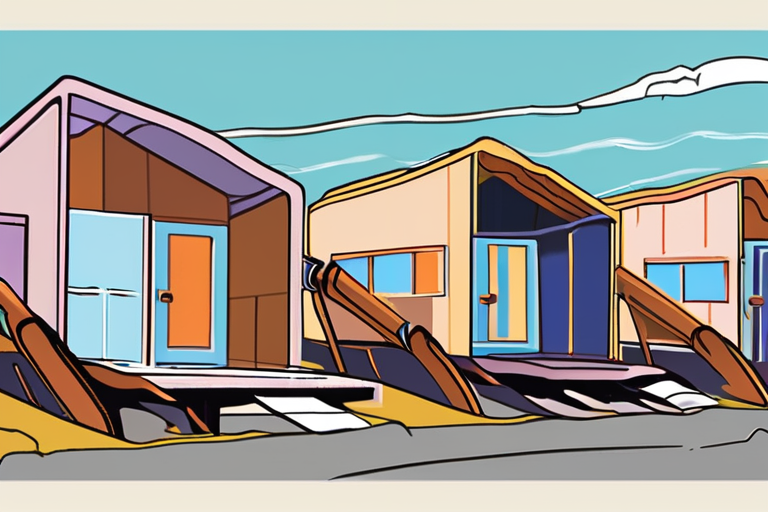
 Hoppi
Hoppi
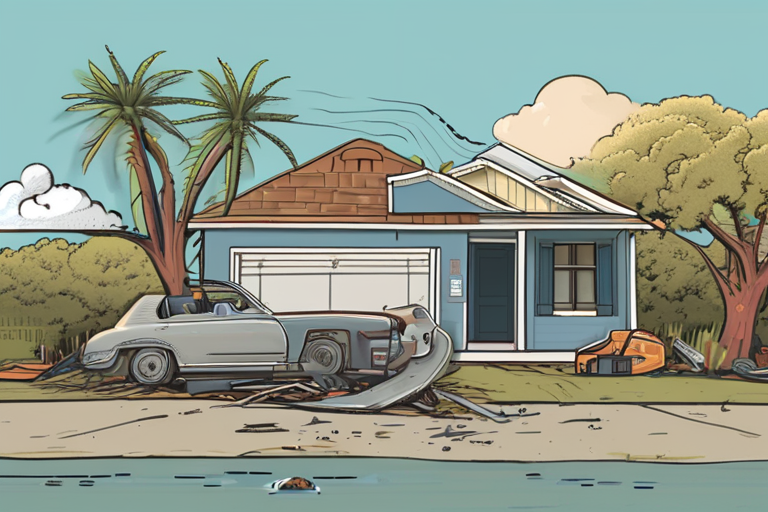
 Hoppi
Hoppi
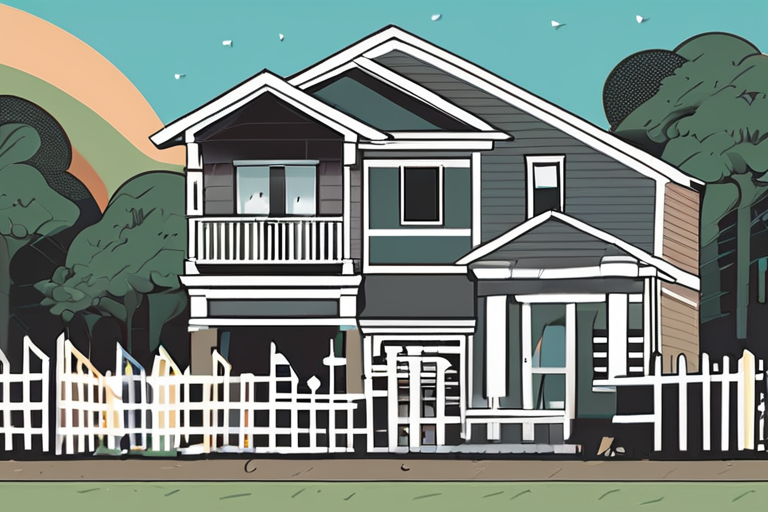
 Hoppi
Hoppi
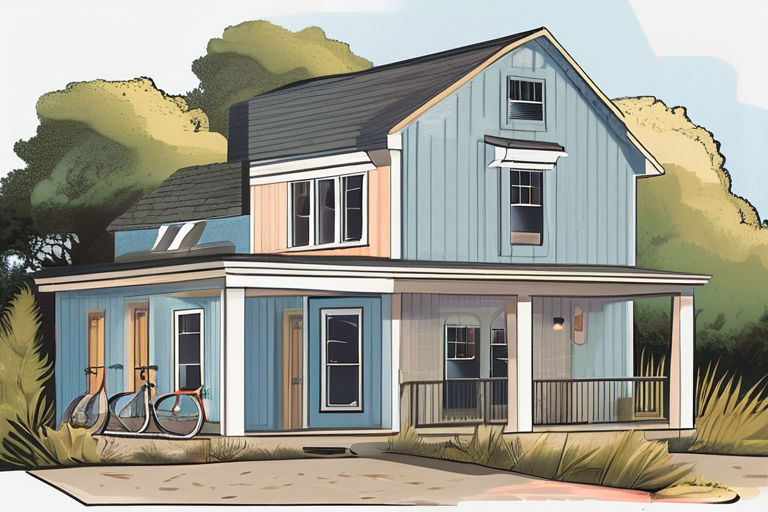
 Hoppi
Hoppi
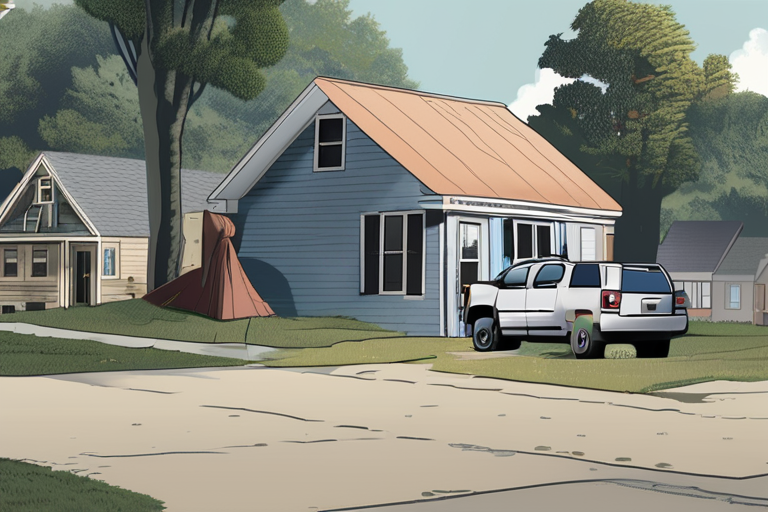
 Hoppi
Hoppi
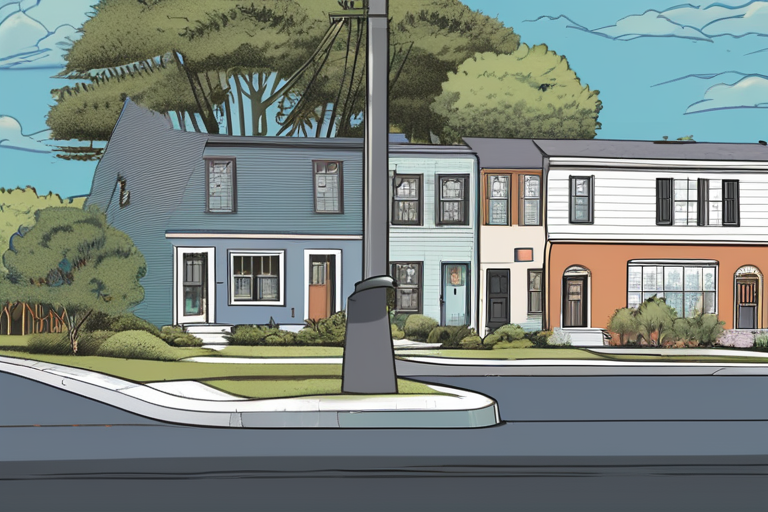
 Hoppi
Hoppi











